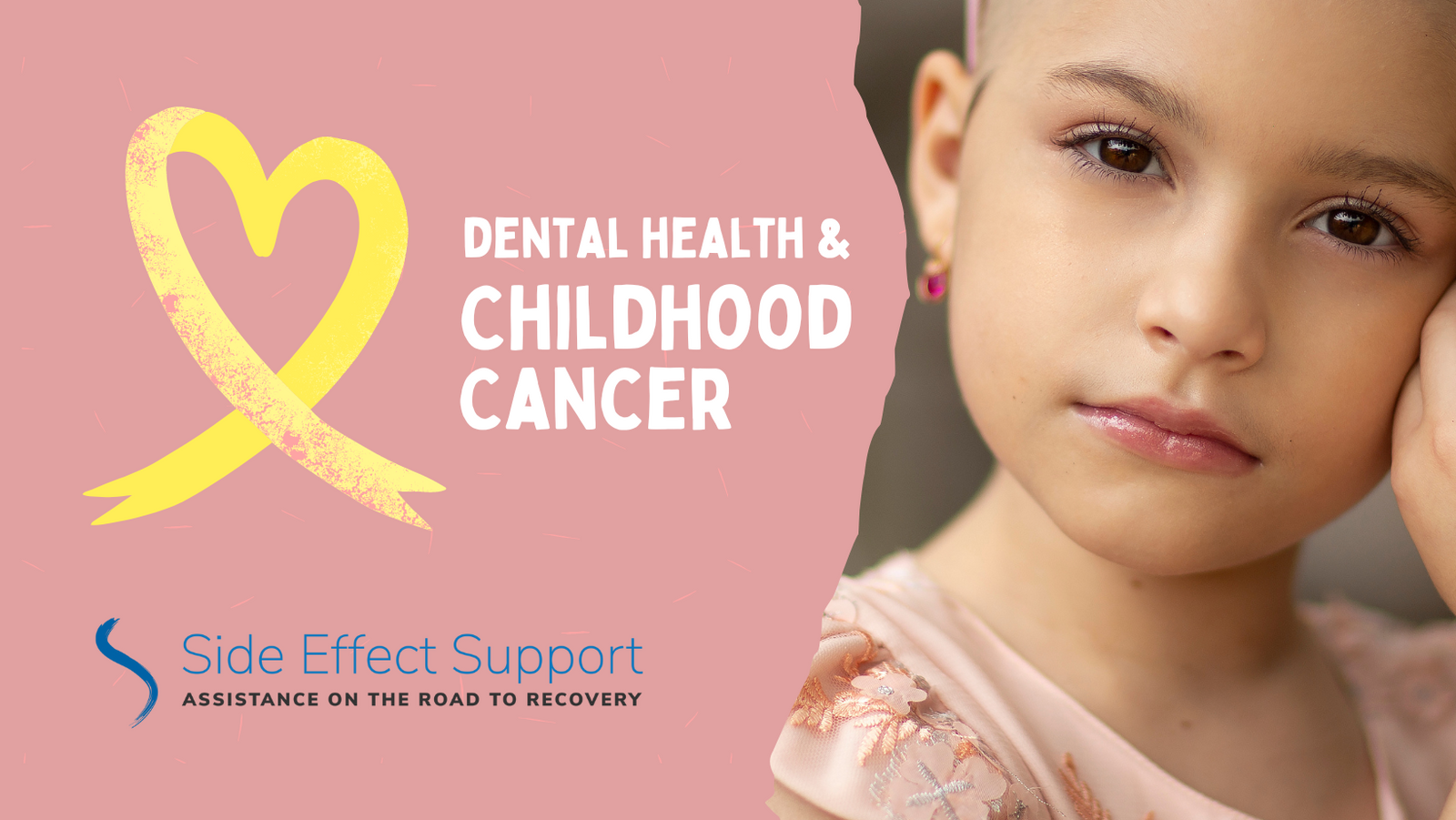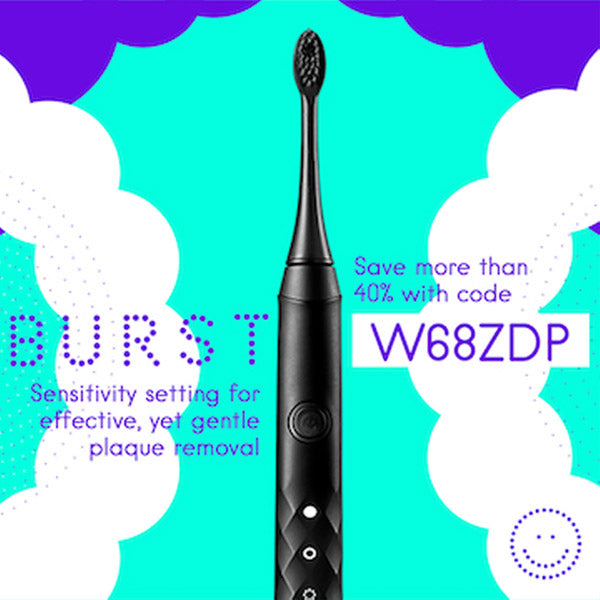Dental Considerations for Childhood Cancer Survivors

Children with cancer can face many of the same oral side effects of treatments experienced by adults, such as dry mouth, mouth sores, and increased risks for cavities and infections. But children can face unique dental concerns during cancer treatments depending on their stage of tooth eruption. Losing primary (baby) teeth and the eruption of either primary or adult teeth can be an additional source of pain, making oral hygiene difficult and increasing their risks for cavities and infection. Cancer treatments can also affect growth and development. This can result in malformed or underdeveloped teeth or jaw or missing teeth.
It is vital to inform your dentist if you have ever had:
· Radiation to the head and neck region including total body irradiation (TBI)
· Bone marrow/stem cell transplant
· Leaky or scarred heart valves from radiation to the chest
· Removal of the spleen or high doses of radiation to the spleen
· Limb salvage procedures from cancer to the bone
· Chronic Graft vs. Host Disease
· Current surgically implanted shunt or port
With some of these situations, antibiotics prior to dental treatment may be necessary as a precaution against infections. Your dental team will need to be aware of these conditions to determine appropriate treatment and avoid more serious problems.
Survivors of childhood cancer may experience a variety of long-term dental problems. Delayed growth and development of the teeth and jaw can cause functional and cosmetic concerns. Those who have received radiation to the head and neck region can have permanent damage to the salivary glands, causing chronic dry mouth and increased risks for dental diseases. Radiation to the head and neck can also bring risks for a condition called Trismus, TMJ (jaw joint) dysfunction, and bone infections called Osteoradionecrosis. Chronic Oral Graft vs. Host Disease after a bone marrow/stem cell transplant can cause lifelong issues with dry mouth and mouth sores. There is also an increased risk of developing oral cancer with Chronic Oral Graft vs. Host Disease, so diligent preventive dental care including professional oral cancer screenings are very important.
According to the American Society of Clinical Oncology, "Childhood cancer survivors should visit their dentist every six months for check-ups and tell the dentist about the cancer treatment they received. Talk with your child's dentist before and after treatment for guidance on reducing these potential late effects." It is important to remember that the generalized recommendation of six month check-ups is just that, a generalized recommendation. Each child should be evaluated and treated for his or her specific needs. Some may need to be seen more frequently for preventive care to avoid decay, pain, infection and tooth loss.
Additional information from the Children's Oncology Group on "Dental Health Following Childhood Cancer Treatment" can be found HERE.
Click HERE to download our free Cancer Treatments & Oral Health Brochure






